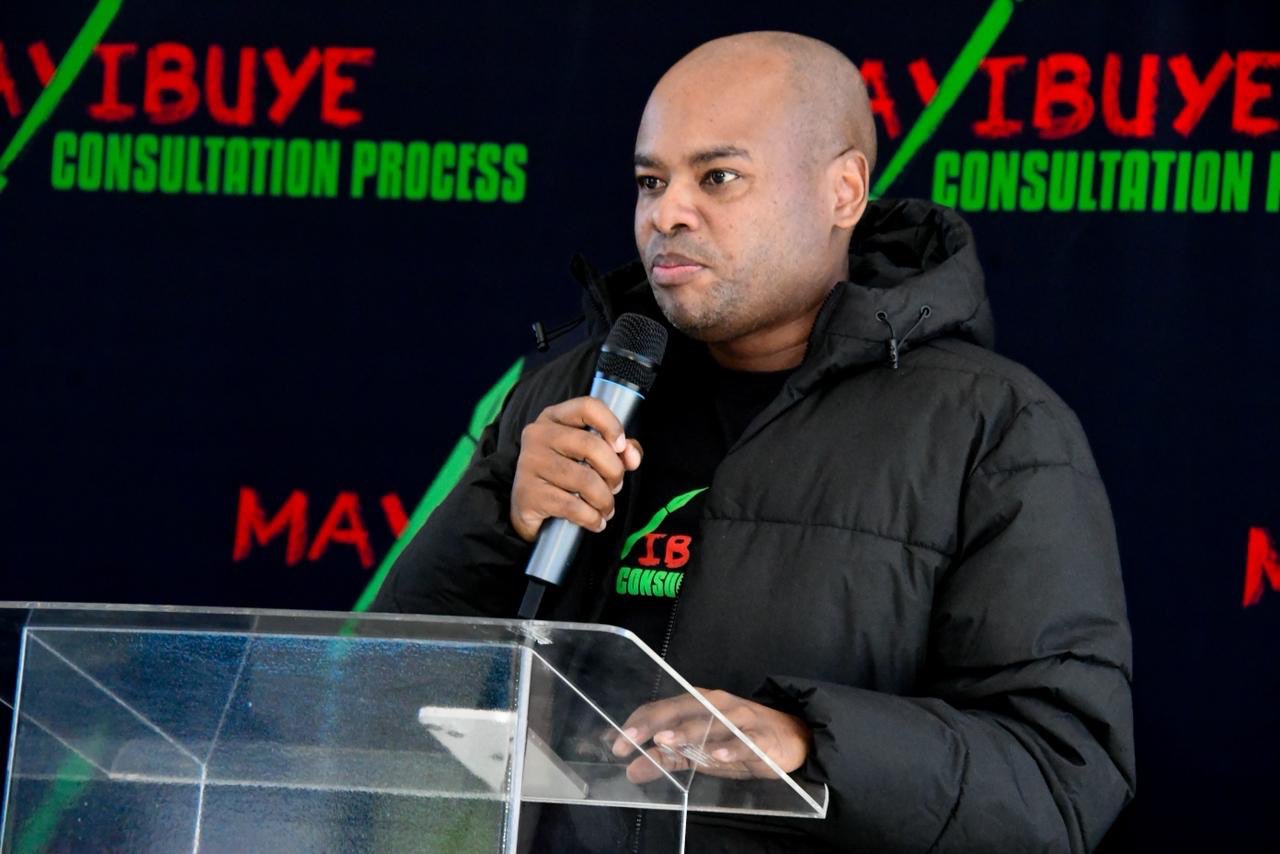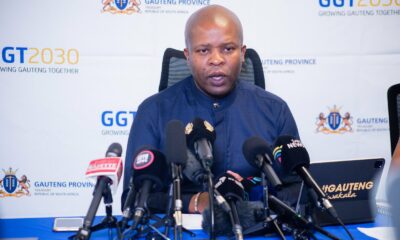News
Hlumelo Biko Denies Owing Ex-Employee R720,000 After CCMA Ruling

Steve Biko’s son denies owing former employee R720,000
The son of anti-apartheid icon Steve Biko, entrepreneur Hlumelo Biko, has found himself at the centre of a bitter employment dispute, accused of failing to pay a former employee over R720,000 in unpaid wages.
The claim, which was brought before the Commission for Conciliation, Mediation and Arbitration (CCMA), ended with a ruling in favour of former employee Adele Daniels. However, Biko, who is also the son of renowned academic and activist Dr Mamphela Ramphele, has strongly denied the allegations, saying the decision was unfair and that the company in question does not even belong to him.
A job that turned into a nightmare
In her account to The Citizen, Daniels said she had been hired by Lavor Enterprise (Pty) Ltd, one of Biko’s companies, after relocating from Pretoria to Cape Town in 2023.
According to her, the agreement began as a consultancy before transitioning to full-time employment. She said she worked as an executive personal assistant, managing logistics, travel, and scheduling across several of Biko’s associated entities, including Commodity Trade Oil SA, the National Unemployed Workers Union, and Thrive Foundation SA.
But instead of a fresh start, Daniels said she found herself working for more than a year and a half without pay.
“For the past one year and six months, from July 2023 to August 2024, I had a permanent employment contract with Biko’s company, but he refused to pay me for the duration of employment,” she alleged.
She said she eventually resigned out of frustration and took the matter to the CCMA in Pretoria, after Biko allegedly ignored attempts to resolve the issue.
CCMA sides with the employee
The CCMA ruled in Daniels’ favour earlier this year, instructing Biko’s company to pay R720,000 in settlement.
Daniels claims Biko repeatedly failed to attend scheduled hearings, including an online session arranged by the commissioner.
“He refused to connect to the online link, wasting an hour and a half of the commissioner’s time,” she said. “He didn’t attend the arbitration hearing either, that’s when I won the case.”
Biko fights back
When contacted by The Citizen, Hlumelo Biko acknowledged that Daniels had worked for him, but disputed the length of her employment and denied owing her any money.
“She worked for my company for four months, and during that time, I paid her,” he said.
Biko also argued that Daniels deliberately filed the case in Pretoria, despite knowing he resides in Cape Town.
“She went to the Pretoria CCMA office knowing very well that I stay in Cape Town, so I failed to attend and that’s how she won the case,” he added. “Honestly, she did not win because I am in the wrong, the company that owes her does not belong to me.”
Public reaction: between disbelief and disappointment
The story has sparked lively debate online, with South Africans divided between sympathy for Daniels and skepticism toward the CCMA ruling. Some social media users expressed disappointment, noting Biko’s high-profile family background and legacy.
One user commented on X (formerly Twitter): “This is not what Steve Biko stood for workers’ rights were part of his vision.”
Another countered: “Let’s not rush to judgment. The CCMA doesn’t always get it right let’s hear both sides.”
The case has also reignited broader conversations about labour exploitation, especially among small enterprises and start-ups where informal contracts often blur the lines of accountability.
A complicated legacy
As the son of two of South Africa’s most respected struggle figures, Hlumelo Biko has spent years building his own identity in the world of business and philanthropy. Yet, controversies like this one continue to shadow his career.
This dispute, though relatively small in scope compared to the political scandals that dominate headlines, carries symbolic weight, especially given his family’s deep association with justice and equality.
Whether this case represents a miscommunication gone wrong or a serious failure of employer responsibility, it has drawn public scrutiny not only to Biko himself but to the broader question of ethical leadership in post-apartheid South Africa.
While the CCMA ruling stands, it remains unclear whether Biko will appeal or seek a review of the decision. For Daniels, the ruling is a vindication, but one that may take time to enforce if the dispute continues in court.
For now, both parties tell vastly different stories, one of unpaid labour, the other of misunderstanding and misrepresentation.
And somewhere between those two narratives lies the truth, waiting to be tested in the court of law and of public opinion.



























